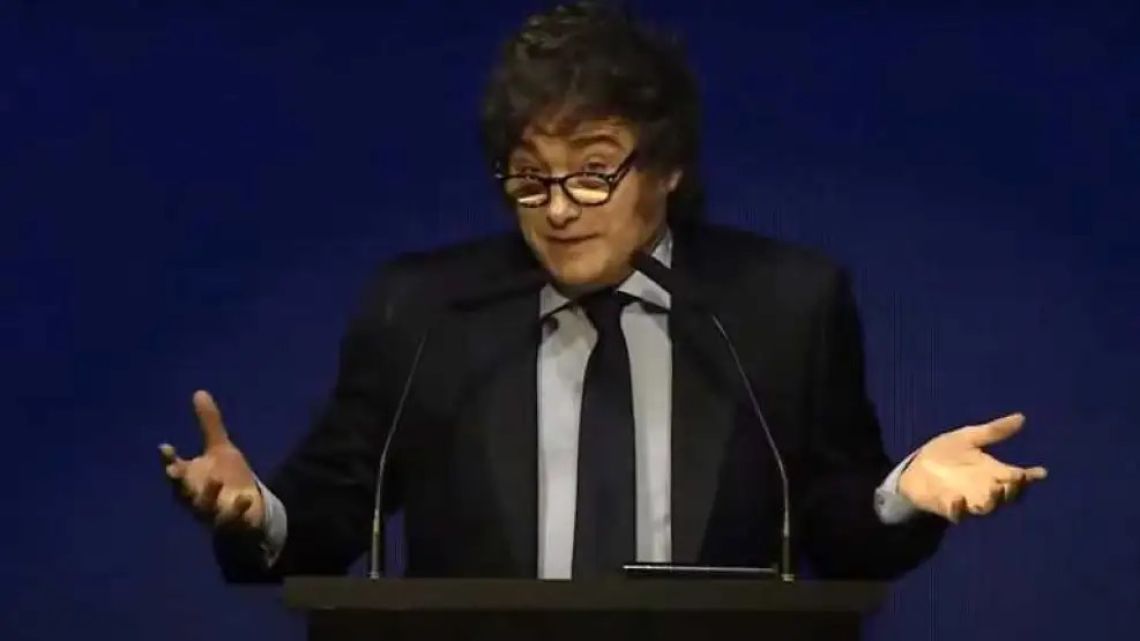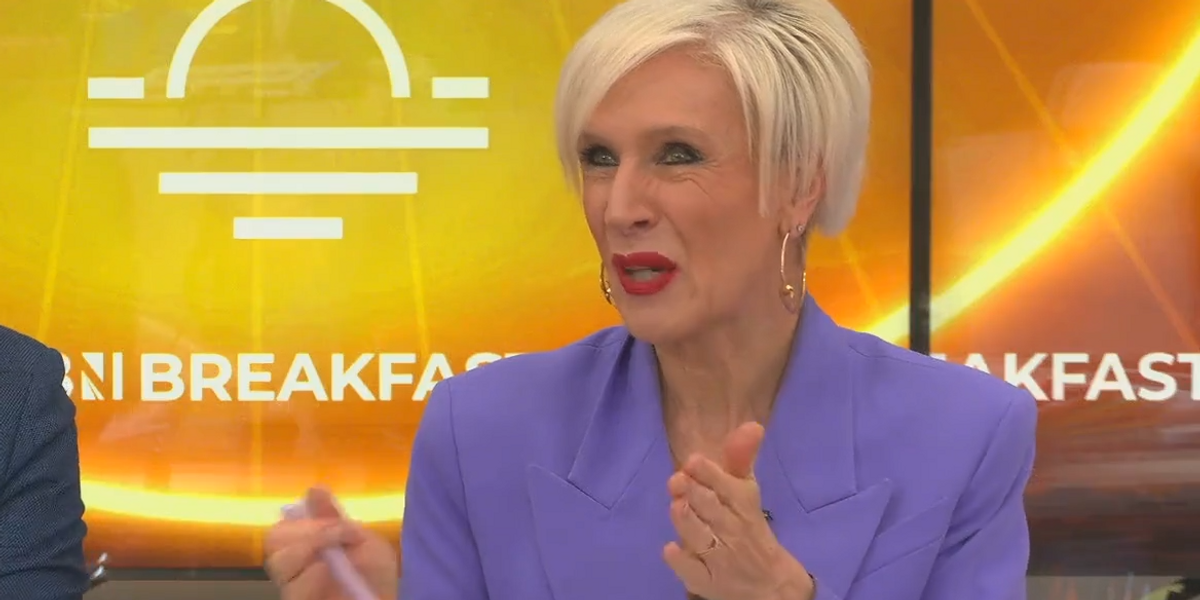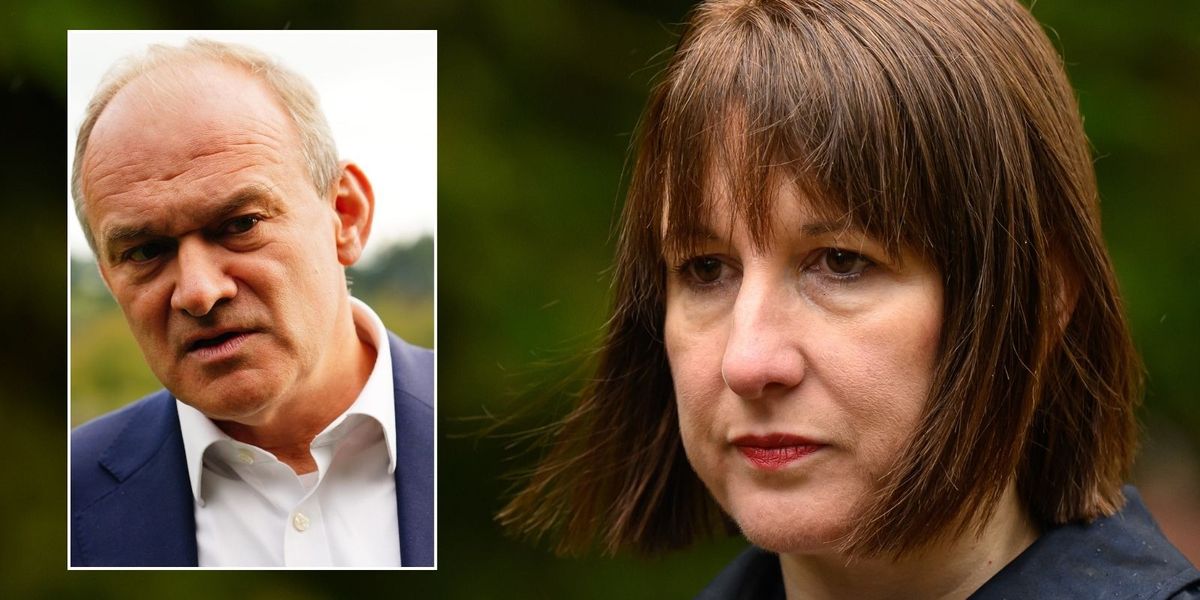(Analysis) The political scene in Brazil is undergoing a significant transformation. As former President Jair Bolsonaro’s influence wanes, a new dynamic is emerging among center-right parties.
These groups are now vying for the anti-establishment and anti-Workers’ Party (PT) voters who once formed Bolsonaro’s base. Recent municipal elections have highlighted Bolsonaro’s diminishing political clout.
Centrist parties emerged as the big winners. The PSD, MDB, União Brasil, and PP secured control of 3,500 municipalities. This represents 62% of Brazilian cities, including many with over 200,000 voters
Bolsonaro’s Liberal Party (PL) didn’t perform poorly overall, but in cities like Goiânia, Curitiba, and Campo Grande, his endorsed candidates were defeated.
This series of setbacks has encouraged other political figures to distance themselves from Bolsonaro and advance their own political agendas.
The aftermath of these elections has sparked discussions about strategies for the 2026 presidential race. Political leaders are meeting regularly to plan their approach.
There’s a growing consensus that multiple candidates from different parties should test their appeal to voters. Several prominent figures are positioning themselves as potential presidential contenders.
 Bolsonaro’s Waning Influence Sparks Center-Right Realignment in Brazil. (Photo Internet reproduction)
Bolsonaro’s Waning Influence Sparks Center-Right Realignment in Brazil. (Photo Internet reproduction)These include Ronaldo Caiado from União Brasil, Ratinho Junior from PSD, and Tereza Cristina from PP. Tarcísio de Freitas of the Republican party is also mentioned as a possible candidate.
Brazil’s Political Realignment
Bolsonaro’s legal troubles have further complicated his political future. A recent Federal Police report alleges his involvement in planning a coup attempt.
This has led to a noticeable lack of support from center-right leaders, who are distancing themselves from the former president. The political calculus is changing.
Many in Congress believe a moderate candidate stands the best chance of defeating the incumbent party in 2026. Bolsonaro’s ability to influence state-level candidacies or secure a vice-presidential slot on a competitive opposition ticket is diminishing daily.
As Brazil moves forward, the political landscape is reshaping itself. Parties are adapting their strategies, seeking to capture the anti-establishment sentiment without the baggage of Bolsonaro‘s controversial legacy.
This shift presents both challenges and opportunities for Brazil’s democratic future. The coming years will likely see a realignment of political forces.
Center-right parties are poised to play a crucial role in shaping Brazil’s political discourse. They aim to offer an alternative to both Bolsonaro’s polarizing style and the Workers’ Party’s left-leaning policies.
However, this evolving situation reflects a broader trend in Brazilian politics. Voters are seeking new options that balance economic pragmatism with social responsibility.
The success of these emerging political forces will depend on their ability to address the concerns of a diverse electorate. As Brazil navigates this transition, the focus remains on economic growth, social stability, and democratic values.
In short, the country’s political future hangs in the balance, with the outcome of these shifts likely to shape Brazil’s direction for years to come.

 By The Rio Times | Created at 2024-11-27 11:08:04 | Updated at 2024-11-30 01:36:35
2 days ago
By The Rio Times | Created at 2024-11-27 11:08:04 | Updated at 2024-11-30 01:36:35
2 days ago








